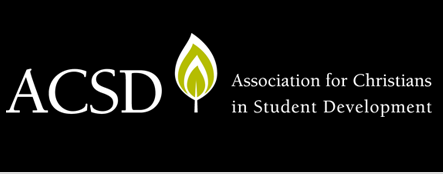Home > Other Collections > ACSD > Growth > No. 4 (2004)
Abstract
As an educational practice, service-learning offers an important means by which to work toward the integration of the curricular and co-curricular efforts on our respective campuses. However, the larger conceptual framework through which service-learning is defined and exercised is driven by what Augustine defines as the city of the world in a way that neglects the significance of what he referred to as the City of God. In this article, I identify the roots of this problem and offer an alternative conceptual framework for service-learning as a Christian educational practice. This conceptual framework challenges Christian educators to not just engage in the practice of service-learning out of contractual obligation and exchange but out of a sense that our essence or identity is inextricably tied to the identity of others.
Recommended Citation
Ream, Todd
(2004)
"Tales from Two Cities: Service-Learning as a Christian Educational Practice,"
Growth: The Journal of the Association for Christians in Student Development: Vol. 4:
No.
4, Article 2.
Available at:
https://pillars.taylor.edu/acsd_growth/vol4/iss4/2
Included in
Educational Assessment, Evaluation, and Research Commons, Educational Leadership Commons, Higher Education Commons, Higher Education Administration Commons, Teacher Education and Professional Development Commons

